While many people notice the inadequacies in Egypt’s education, healthcare, and other issues, only a few take the initiative and choose to challenge the status quo.
After the 2011 revolution, followed by mass protests in 2013, despair has plagued youth across the country due to the acute socio-economic turmoil.
Nonetheless, Esma’ouna, translated as “Listen to Us”, selected a different path and decided to rebut all the claims that there is no hope in Egypt.
Esma’ouna is a charity organization that started in 2014.
Both, Rana Zeidan, member of the board of trustees and director of “Your Time Is for Your Country” initiative, and Gamal Abdel Nasser, treasurer and member of the board of trustees, spoke to Egyptian Streets about their initiative and what Esma’ouna has achieved over the past three years.
Esma’ouna works fundamentally on four key pillars: development of villages, children, individuals, and healthcare.
Regarding the first pillar, Esma’ouna chooses to focus on the development of underserviced villages that fall below the poverty line; they work on providing them with proper houses, clean water, and electricity.
“We realized that it is not enough to provide them with houses, which leads us to the second pillar; development of individuals,” Zeidan said.
To empower people living in the villages, Esma’ouna members launch small projects providing individuals with cows as means to start their own cattle farms. They sell milk and calves, when these cows mate.
Moreover, they have other projects including establishing kiosks with goods for people to sell. They also helped more than 3500 illiterate people over the three past year to read and write and provided them with a source of income.
In cooperation with the Ministry of Commerce and Ministry of Agriculture, Esma’ouna helped several farmers to plant crops that are used in medications and in the industry of perfumes. These crops were not planted following the revolution due to the absence of several distributors so they couldn’t reach retailers.
Zeidan said that Christine, once a fine arts student and now a lecturer, used to go with her colleagues and they painted the grey and gloomy areas in the villages.
The third pillar that Esma’ouna works on is the development of children. The initiative noticed that the highest grades among school students are usually obtained by students who live in underprivileged villages because they view education as an incentive to escape their limited communities.
However, these students have to go to schools with plastic bags that include their school supplies. Esma’ouna provides these children with supplies of high quality. Some of these supplies are Egyptian brands to encourage the local brands and some of them are imported.
Esma’ouna also take uniforms donated by international schools and distribute them to students in governmental schools in slums and poor areas.
The last pillar Esma’ouna works on is the development of healthcare which includes several projects. The first project is incubators for the newborn. These incubators are not well distributed and only a small amount of them reaches Upper Egypt.
“It is heartbreaking that some babies die in the ambulance in search of an available incubator. I used to be with them and the incubators are very rare,” Zeidan said.
Currently, Esma’ouna has an entire unit of incubators in Luxor and they are working on new units in Aswan and Sohag governorates.
The Health Ministry conducts an auditing every now and then to make sure that the incubators are working adequately.
The second project adopted by Esma’ouna is working on the detection of Virus C. The initiative nearly examined 500,000 people in slums and poor villages. Some people may be infected and they have no idea about it, according to Zeidan.
One of the significant projects in the healthcare is “Your Time Is for Your Country”. Esma’ouna encourage prominent doctors to volunteer 5 working days to serve in an underprivileged hospital. Around 700 patients were examined by doctors and 300 patients had operations.
Zeidan said that president Abdel Fattah al-Sisi was the first to recognize and listen to the initiative and met with them more than once. He spoke about their work in one of his speeches as an example of promising volunteer work.
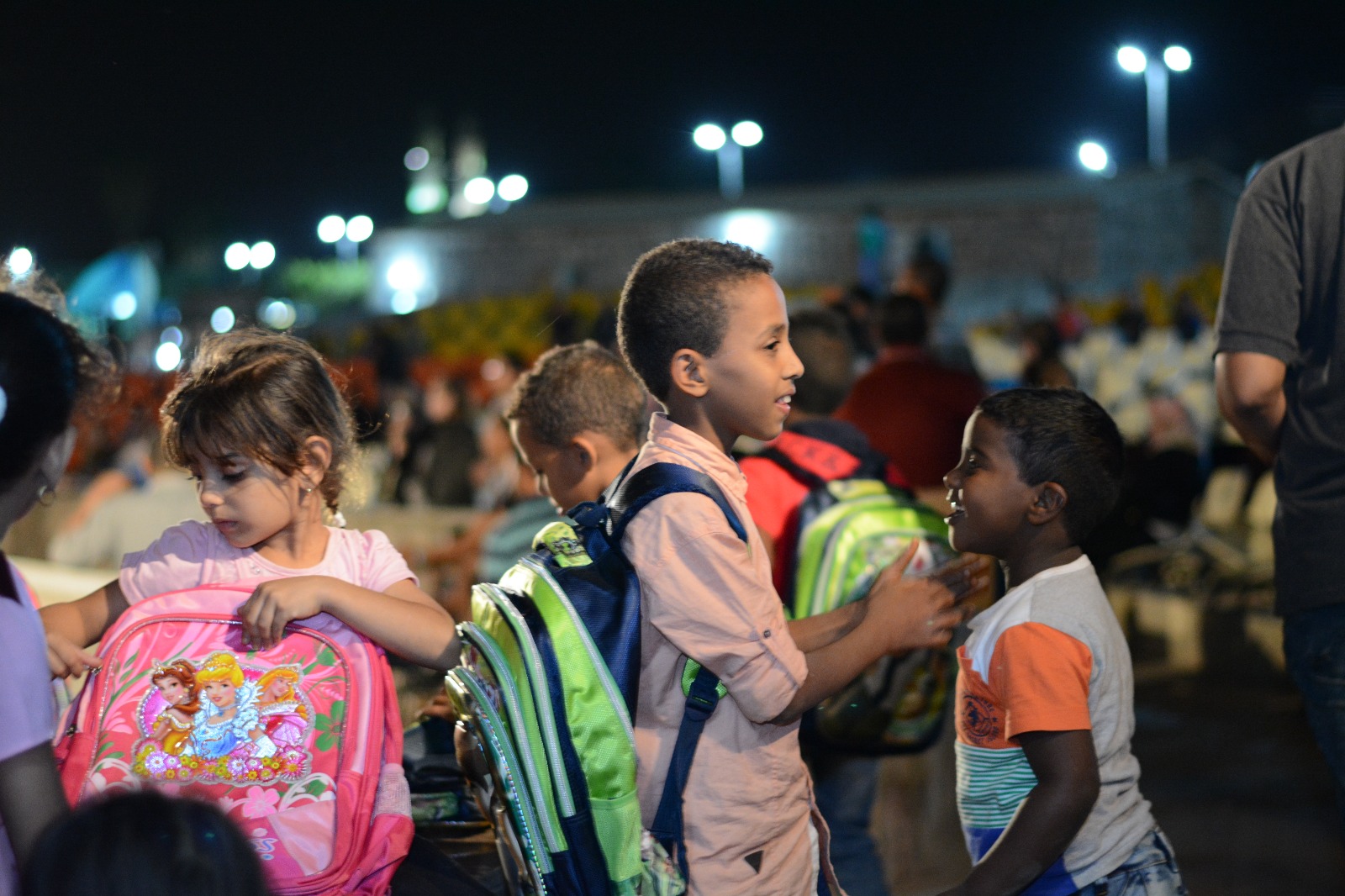
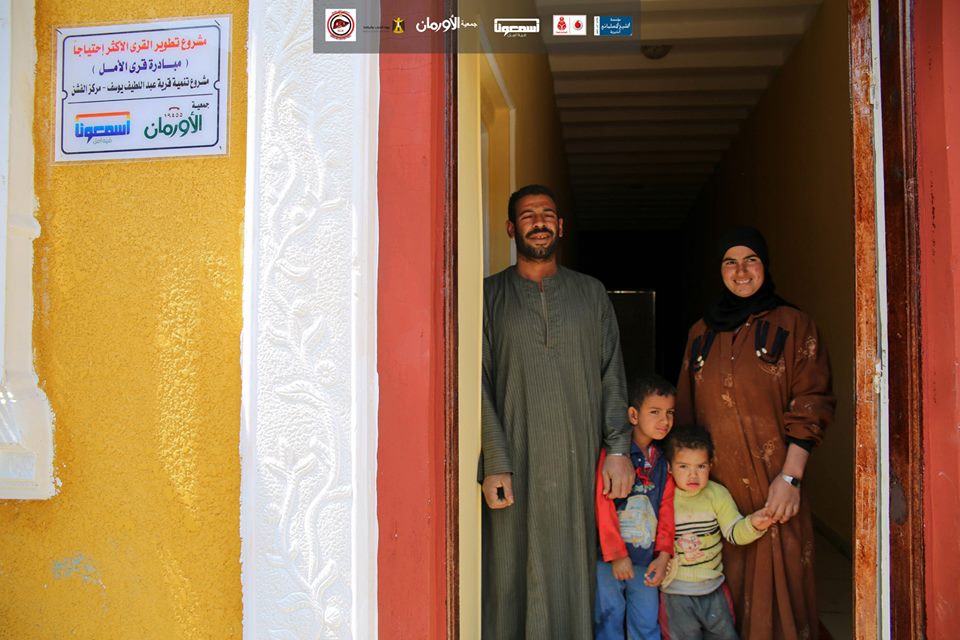
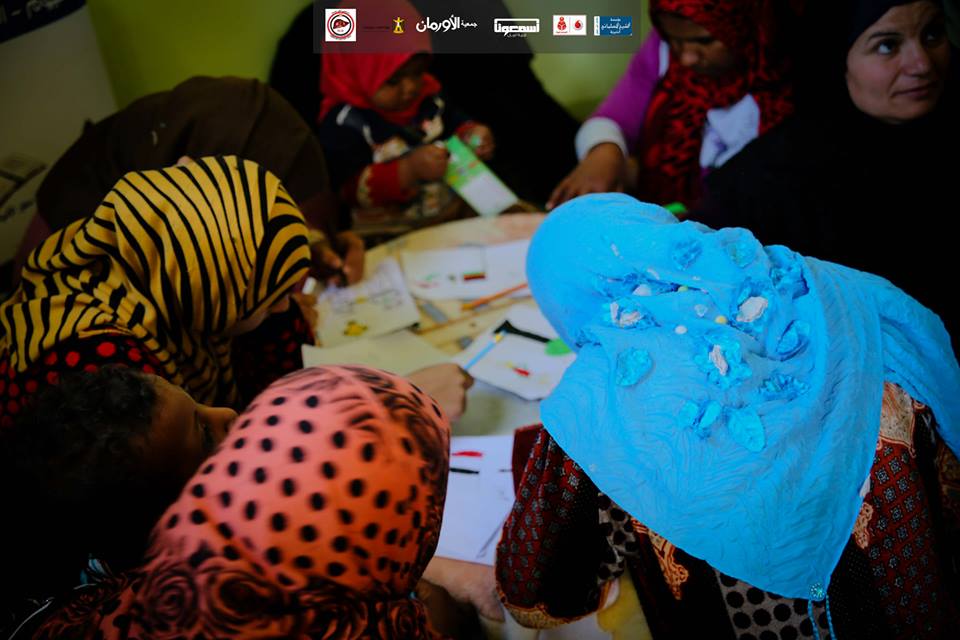
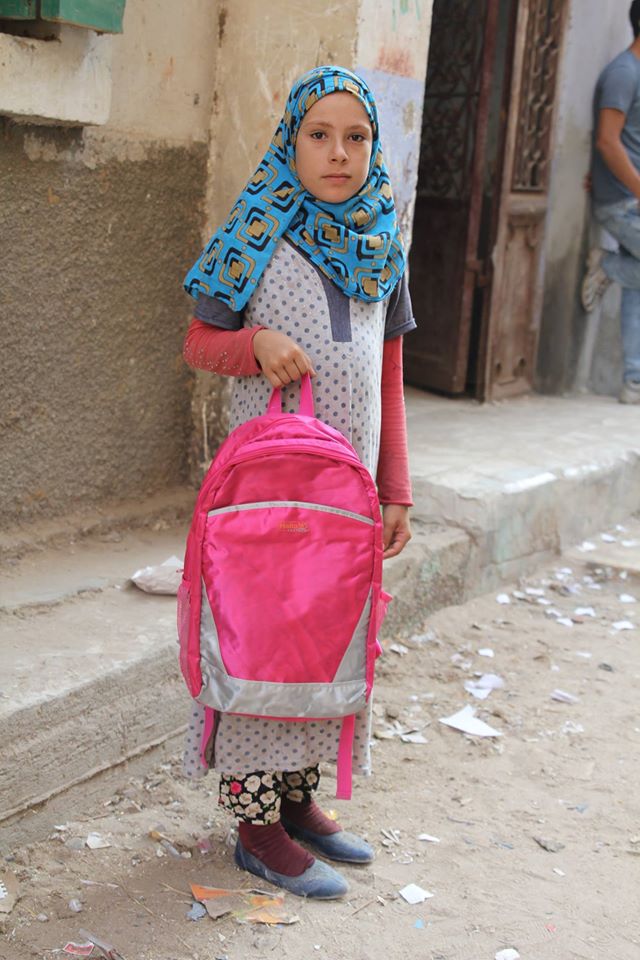
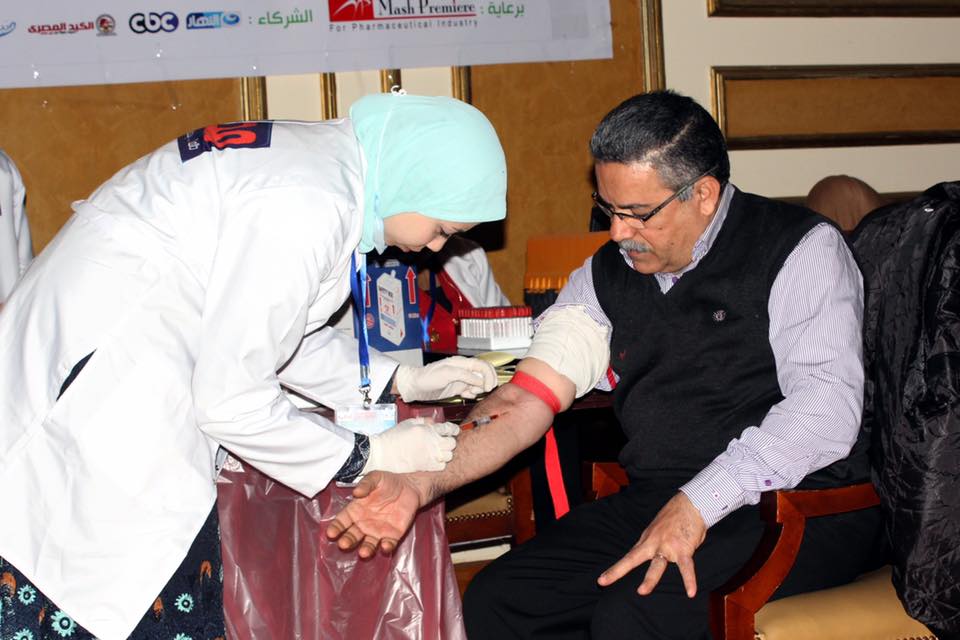
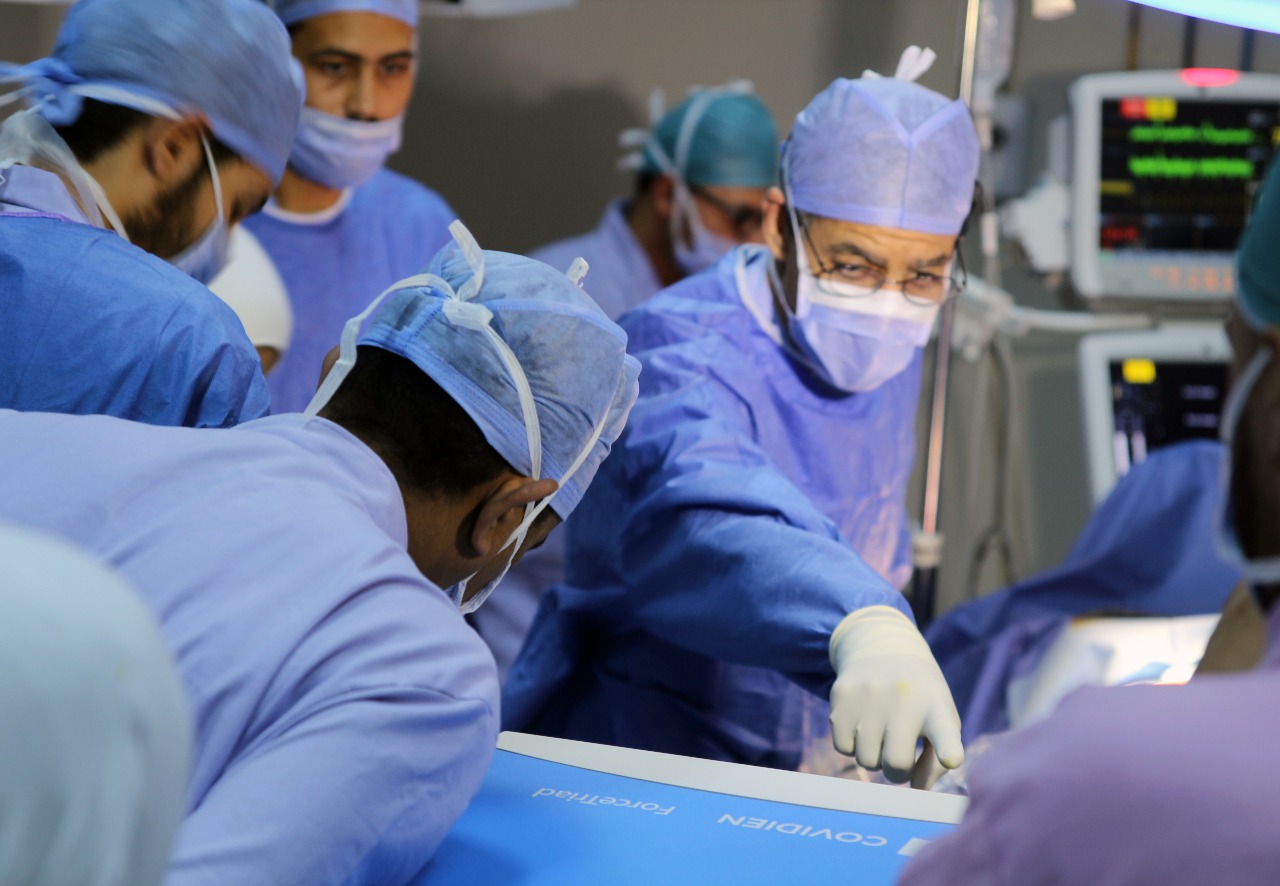



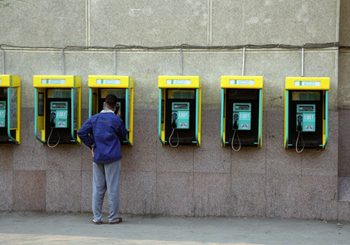

Comments (0)